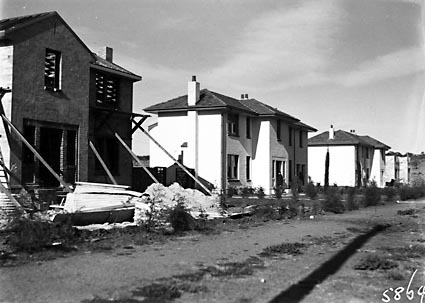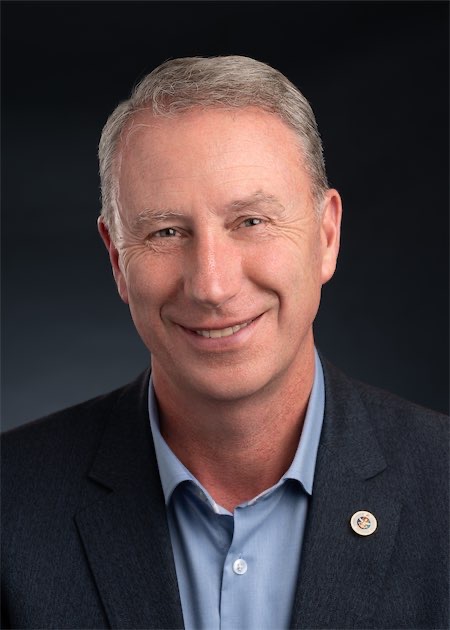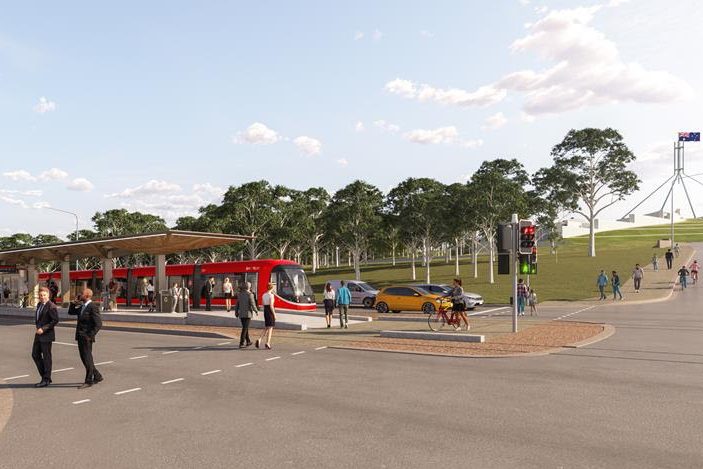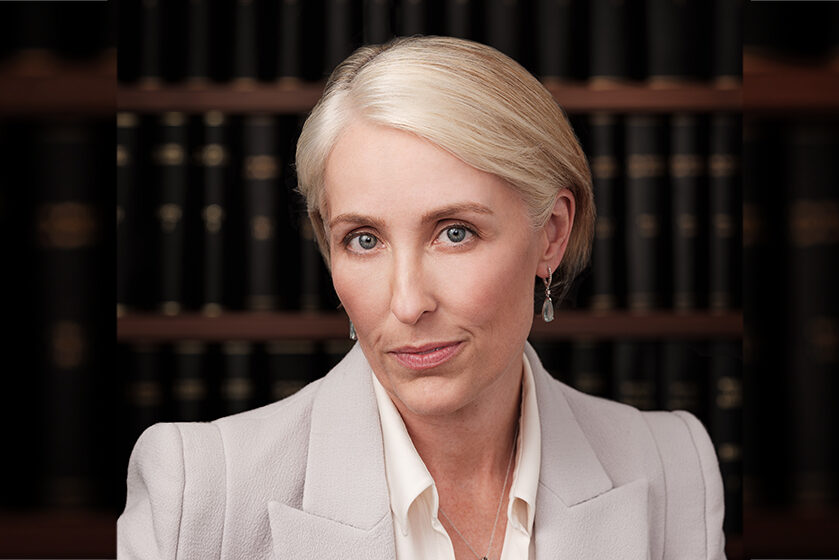
The transformation from a transient population to a tightly knit community is a testament to the city’s allure… yet, there persists a narrative that frames Canberra as a political experiment, writes JERRY NOCKLES.
In the whirlwind of political campaigns, it is all too easy to lose sight of what truly matters.

The catchphrase from Bill Clinton’s 1992 presidential campaign, “it’s the economy, stupid,” served to sharpen the focus of his volunteers. Yet, it was another of Clinton’s slogans, “Putting People First”, that truly encapsulated the essence of his approach. This principle of prioritising people remains as relevant as ever, especially as we anticipate elections at the state level in the ACT, the upcoming federal election, and the presidential election in the US in this pivotal year.
In this context, I am reminded of my own journey to Canberra, which began in 1986 as a young sailor with the Royal Australian Navy. Arriving at Queanbeyan railway station late at night, kitbag in tow, I was on my way to HMAS Harman for what would be a brief but impactful posting. Growing up in Bathurst, NSW, I found a comforting similarity in Canberra’s sprawling plains, the mountains that embrace the city, its crisp air, and the warmth of its community, which echoed my own upbringing.
My journey to Canberra not only sharpened my understanding of community but also instilled in me a deep appreciation for the diverse tapestry of lives that make up our city.
Though I left the Navy in 2009, my wife, Patience, continues to serve. Like many Defence Force families, we have moved roughly 20 times over the years. Despite this nomadic lifestyle, the capital region has always beckoned us back – it has been our anchor. Its familiarity is comforting, yet the changes we have witnessed are remarkable.
In the 1980s, Canberra seemed a transient place, its population drawn by academic, diplomatic, Defence or public service duties, or those seeking opportunity in a growing city. Often, when you asked someone where they were from, the answer would be from somewhere else. This lent credence to the misguided view of Canberra as an “artificial” city.
Fast forward to 2024, and Canberra has blossomed into a vibrant, organic city. Our own chapter of Australia’s remarkable multicultural achievement is enriched by proud, deep-rooted Canberrans, including second or third-generation locals and First Nations people.
This transformation from a transient population to a tightly knit community is a testament to the city’s allure and a core reason many newcomers choose to stay. The laughter of children in local parks and the warmth of community gatherings reflect our shared humanity.
Yet, there persists a narrative that frames Canberra as a political experiment. While some may view Canberra this way, this perspective fails to recognise the rich themes of resilience and community that define our city.
Reducing the diverse experiences of Canberrans to a mere experiment overlooks the genuine lives, dreams and ambitions of its people. We are not specimens in a lab; we are a vibrant community striving for a better life for ourselves, our families, and our neighbours in an interconnected and complex world.
The spirit of community in Canberra is palpable, defined by a collective commitment to the common good and the dignity and well-being of our neighbours, with an acute awareness of the challenges they may face.
This is not the hallmark of a political experiment, but of a living, breathing, thriving community. A community whose guiding principles are compassion, consideration, connection, and care.
Adopting an experimental mindset towards public policy is misguided. If our objectives are merely to push boundaries for political acclaim, we have lost our way. True success lies in policies that genuinely enhance the lives of Canberrans, allowing them to lead more fulfilling lives – both in their community and as engaged global citizens.
Success should be measured by the ability of individuals and families to flourish in our city, balancing work and home life in a manner that is equitable, gratifying, and sustainable. Policies should be evaluated based on the real-world incentives they create and the outcomes they deliver, rather than the lofty ideals they espouse.
Canberra is so much more than an experiment; it is a city brimming with potential and promise. It is a place where opportunity is abundant, and where prosperity, resilience, compassion, and inclusivity are not mere aspirations but tangible goals we can achieve together. As we navigate
challenges such as an exploding cost of living, housing affordability, and climate change, the need for policies that not only reflect our community’s values and aspirations but also address them has never been more urgent.
The wonderful character of our city did not emerge from a Petri dish. It grew organically from a caring community with a conviction for compassion and a desire to achieve a meaningful life. It grew from people. This conviction motivates us all to serve and strive towards a future rich with opportunities that reflect the strength, diversity and vibrant spirit of our city.
At its heart, it all begins with putting people first.
Dr Jerry Nockles is a former chief of staff to the federal minister for productivity. He has held senior positions in the child-focused organisations UNICEF and World Vision, and has a passion for elevating human potential.
Who can be trusted?
In a world of spin and confusion, there’s never been a more important time to support independent journalism in Canberra.
If you trust our work online and want to enforce the power of independent voices, I invite you to make a small contribution.
Every dollar of support is invested back into our journalism to help keep citynews.com.au strong and free.
Thank you,
Ian Meikle, editor





Leave a Reply